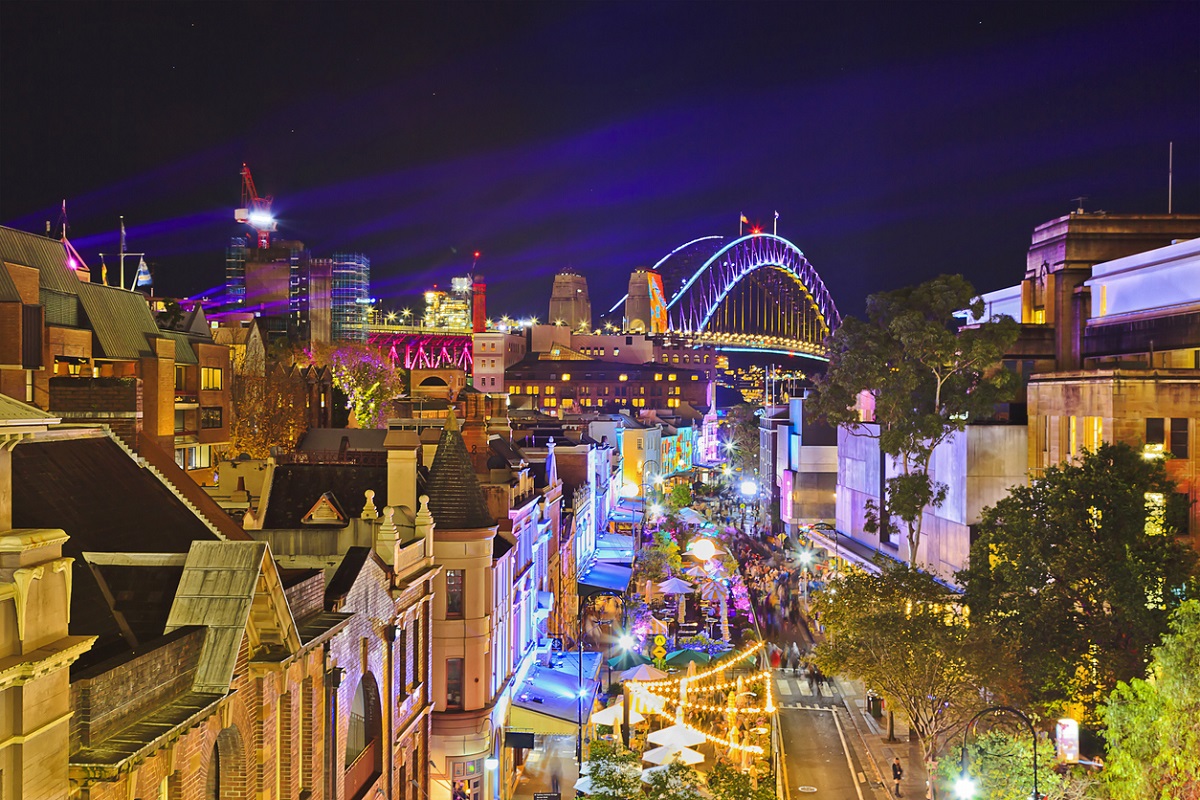The NSW Government has revealed its latest round of vibrancy reforms, intended to speed up approvals for live entertainment and unlock new opportunities for hospitality venues to expand their offerings.
Designed to cut through outdated red tape, the new Cultural State Environmental Planning Policy (SEPP) follows the NSW Productivity Commissioner’s report, which highlighted a potential $8 billion boost to the NSW nighttime economy if regulatory hurdles were reduced.
The reforms will streamline the approval process for events, gigs and festivals, reducing the time it takes to get local council or state agency approval and fulfilling a Labor election promise to back live music and hospitality operators. Hospitality venues will be able to host indoor and outdoor entertainment without a development application, so long as it complies with “simple rules”, such as beginning after midday.
The Cultural SEPP will also allow venues and registered clubs to increase their outdoor patron capacity by up to 30 per cent without a development application. Meanwhile, street fairs and community festivals will no longer need costly development applications, making it cheaper and easier to bring local spaces to life.
Minister for Music and the Nighttime Economy John Graham said: “Sydney is one of the most beautiful cities on earth, but red tape has stopped venues from properly using their outdoor space. That is now changing thanks to these reforms.
“These changes will increase entertainment options and boost the bottom line for businesses. We know that arduous, expensive planning approvals have been a stop sign to progress in NSW, so just like we have done for housing, we are now cutting planning red tape to boost vibrancy.
“The Cultural SEPP builds on two years’ worth of reforms aimed at bringing Sydney back to life.”
AHA NSW Director of Liquor and Policing John Green has welcomed the reforms, stating: “There’s nothing as Australian as standing outside a pub with a beer in hand – but Covid rules meant those patrons restricted the number of those inside. This common sense change as well as exempting low impact music outdoors from red tape approvals are just two more ways the government are supporting hospitality venues.”
Night Time Industries Association (NTIA) CEO Mick Gibb acknowledged that the latest vibrancy reforms are a step in the right direction for the nighttime economy.
He stated: “After a tough winter, night time businesses welcome reforms that make it easier to attract more customers with a more exciting offering. It’s key that these reforms are in place and ready for the summer and Christmas peak so businesses can make the most of the opportunity.
“We’ve still got big areas to fix, but removing ridiculous red tape is always a good place to start and something the NTIA has long advocated for.”
ClubsNSW Chair Sallianne Faulkner described the reforms as an important recognition of the role such venues play in fostering entertainment, creativity and community spirit.
“We are grateful to the NSW Government for their commitment to supporting vibrant community experiences and we look forward to working more closely with them to further strengthen the industry’s contribution to local communities and to ensure that clubs remain hubs of entertainment, inclusion and creativity,” Faulkner stated.
Regional operators such as cellar doors are also set to benefit from the reforms, with farmgate venues able to expand their outdoor dining without lodging a development application.
Minister for Planning and Public Spaces Paul Scully added: “These simple planning changes will re-awaken NSW’s events, entertainment and hospitality sectors which have been suffering under excessive regulations since the introduction of lock out laws in 2014.
“We’re simplifying the rules to empower local councils and businesses to host events, extend trading hours, and bring communities together through arts, culture and hospitality without the headache of unnecessary red tape.
“The Minns Labor Government wants NSW to be the place where young people choose to live and work which means alongside unlocking more housing, we must also support lively communities and culture.”
The NSW Government remains committed to rebuilding vibrancy and the 24-hour economy, and will support the rollout with the release of practical resources that will help businesses make the most of new opportunities, including Vibrancy Guidelines and an Events Guide.

